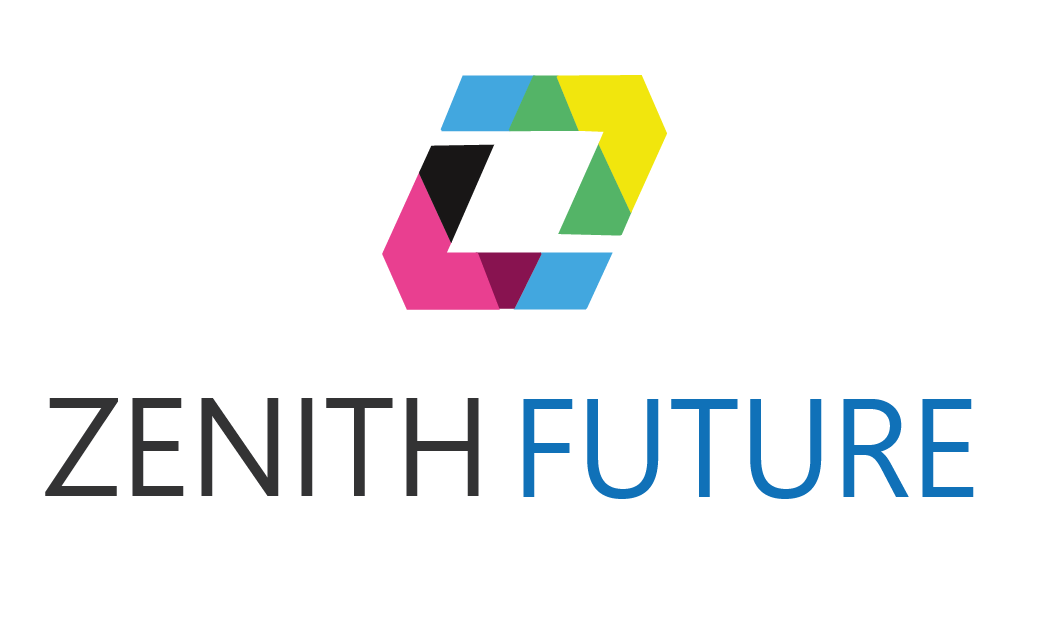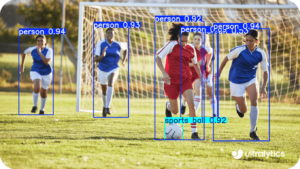In the rapidly evolving maritime industry, the application of cutting-edge technologies like Artificial Intelligence (AI), Retrieval-Augmented Generation (RAG), and chatbots is transforming port operations. Ports, as key hubs of global trade, face challenges such as complex logistics, rising operational costs, and the need for increased efficiency. Leveraging AI and related technologies presents a tremendous opportunity for port operators to streamline operations, improve safety, and enhance customer service.
1. AI in the Port Industry: Enhancing Operational Efficiency
AI’s impact on port operations is undeniable. From predictive analytics to automation, AI-driven tools help in optimizing cargo handling, vessel scheduling, and predictive maintenance of port infrastructure.
Key Benefits of AI in Ports:
- Optimized Logistics: AI algorithms can forecast shipping patterns and optimize container stacking and cargo routing. This reduces wait times and increases throughput.
- Predictive Maintenance: AI-powered systems can predict when equipment will fail, allowing for proactive maintenance and reducing downtime.
- Automated Operations: From autonomous cranes to automated vehicles, AI systems ensure faster and safer cargo handling.
2. RAG (Retrieval-Augmented Generation): Improving Decision-Making
In an industry driven by data, RAG—a machine learning technique that integrates real-time data retrieval and AI text generation—is revolutionizing decision-making processes. RAG allows port operators to access historical and real-time data from various systems, generating insights that improve the efficiency of operations.
RAG Applications in Ports:
- Data-Driven Insights: With RAG, operators can combine vast amounts of historical shipping data with live feeds to forecast demand, track vessels, and optimize resource allocation.
- Real-Time Problem Solving: RAG can help operators make quick, informed decisions by retrieving relevant information on the spot, minimizing delays in responding to critical issues like congestion or equipment failure.
3. Chatbots: Enhancing Customer Experience
The integration of AI-powered chatbots in port operations is enhancing customer experience by automating routine interactions and improving service delivery. Chatbots can manage communication between port operators, shippers, and customs officials, speeding up processes and reducing the need for human intervention in repetitive tasks.
How Chatbots Benefit Ports:
- 24/7 Availability: Port customers and shipping companies can interact with chatbots any time of day to get real-time updates on shipment status, documentation, and schedules.
- Streamlined Customer Service: Chatbots can provide instant answers to frequently asked questions, freeing up customer service representatives to handle more complex issues.
- Reduced Human Error: By automating responses and processes, chatbots minimize errors and ensure consistent service delivery.
4. AI, RAG, and Chatbots Working Together: A Unified Approach
When AI, RAG, and chatbots are deployed in unison, they create a seamless, data-driven environment where ports can function more efficiently. Chatbots gather and relay critical data, AI analyzes it, and RAG ensures the most relevant information is presented for decision-making. This unified approach optimizes operational flow, reduces costs, and enhances the overall customer experience.
5. Looking Ahead: The Future of Ports with AI and Automation
As ports continue to face growing pressures to move goods more quickly and efficiently, the role of AI, RAG, and chatbots will only expand. Ports that adopt these technologies will remain competitive by offering faster turnaround times, safer operations, and superior service to customers. Future advancements may include fully autonomous port operations and AI-driven supply chain management systems that revolutionize global trade logistics.
Conclusion
Incorporating AI, RAG, and chatbots into port operations is not just a trend—it’s a necessity for staying competitive in the modern maritime industry. By adopting these technologies, port operators can achieve greater efficiency, reduce costs, and provide superior customer service. Zenith Future LLP is committed to helping ports around the world implement AI solutions tailored to their unique needs, ensuring a more efficient and technologically advanced future.
If you’re ready to take your port operations to the next level with AI-driven solutions, contact Zenith Future LLP today for a consultation. Let’s navigate the future of port automation together.





One Response
I see chatbot as potential solutions for port. As well as AI can really reduce the laborious work,
It would be great to see some solution that can do work however, validate by humans and work for more safer and efficient planning.